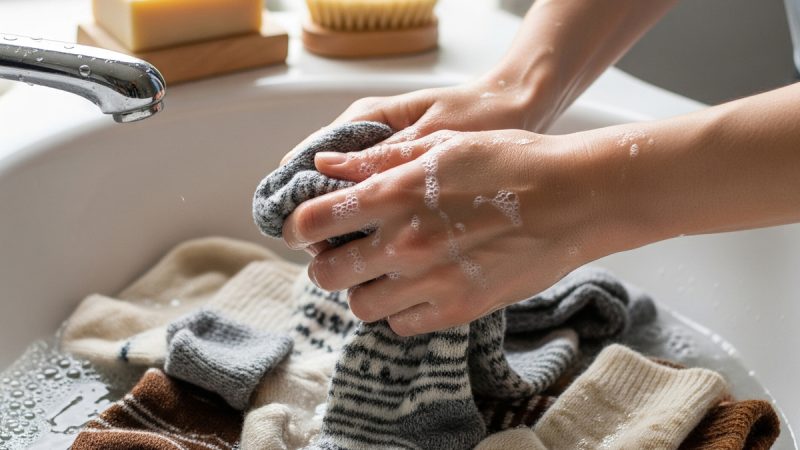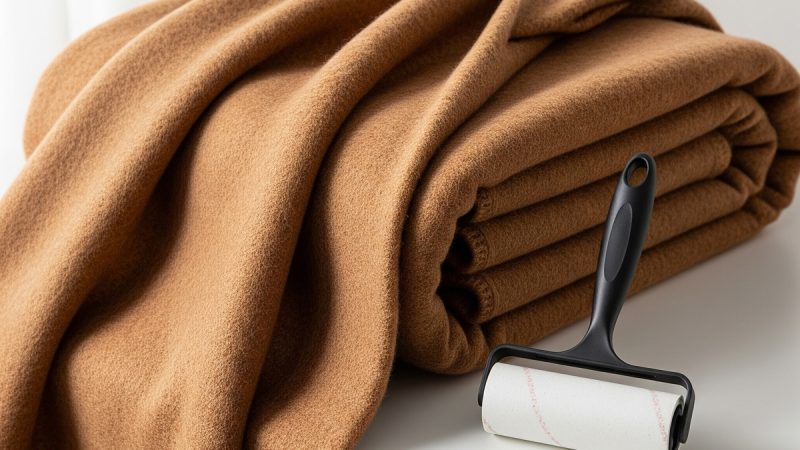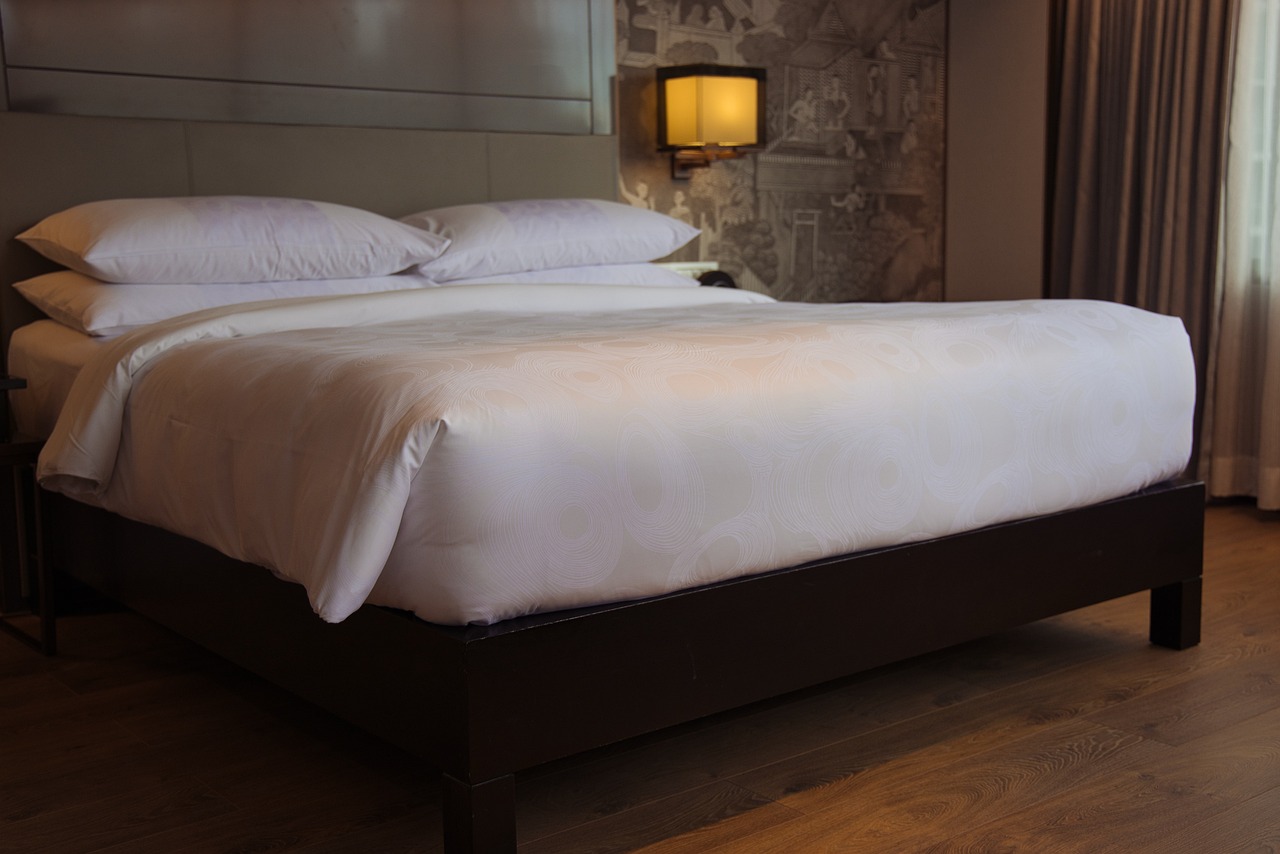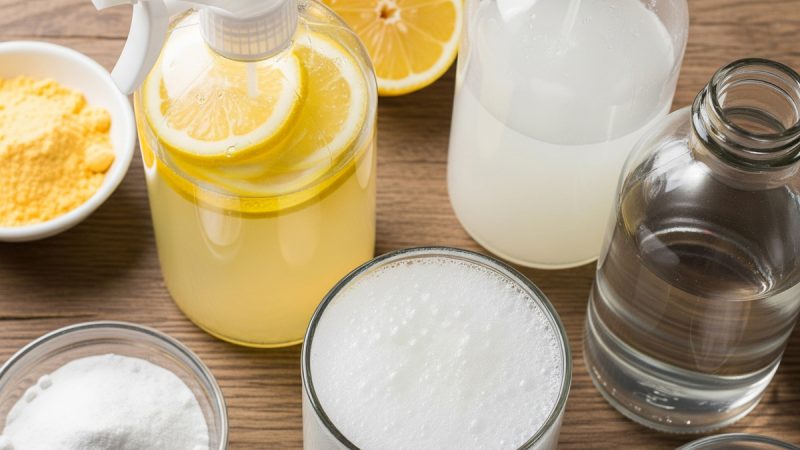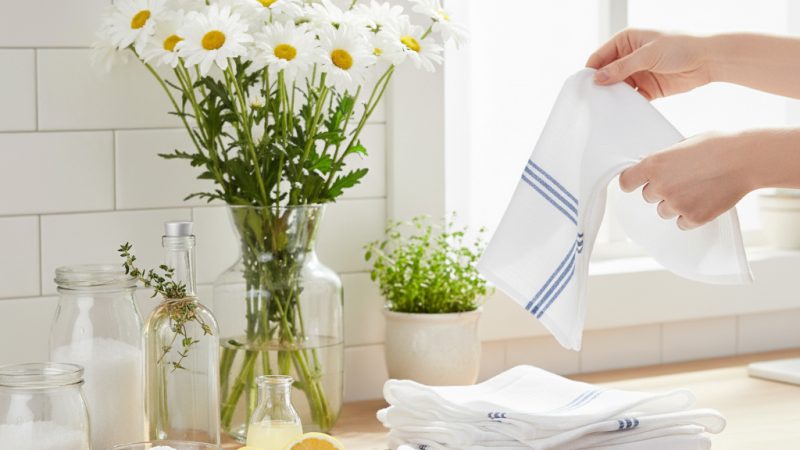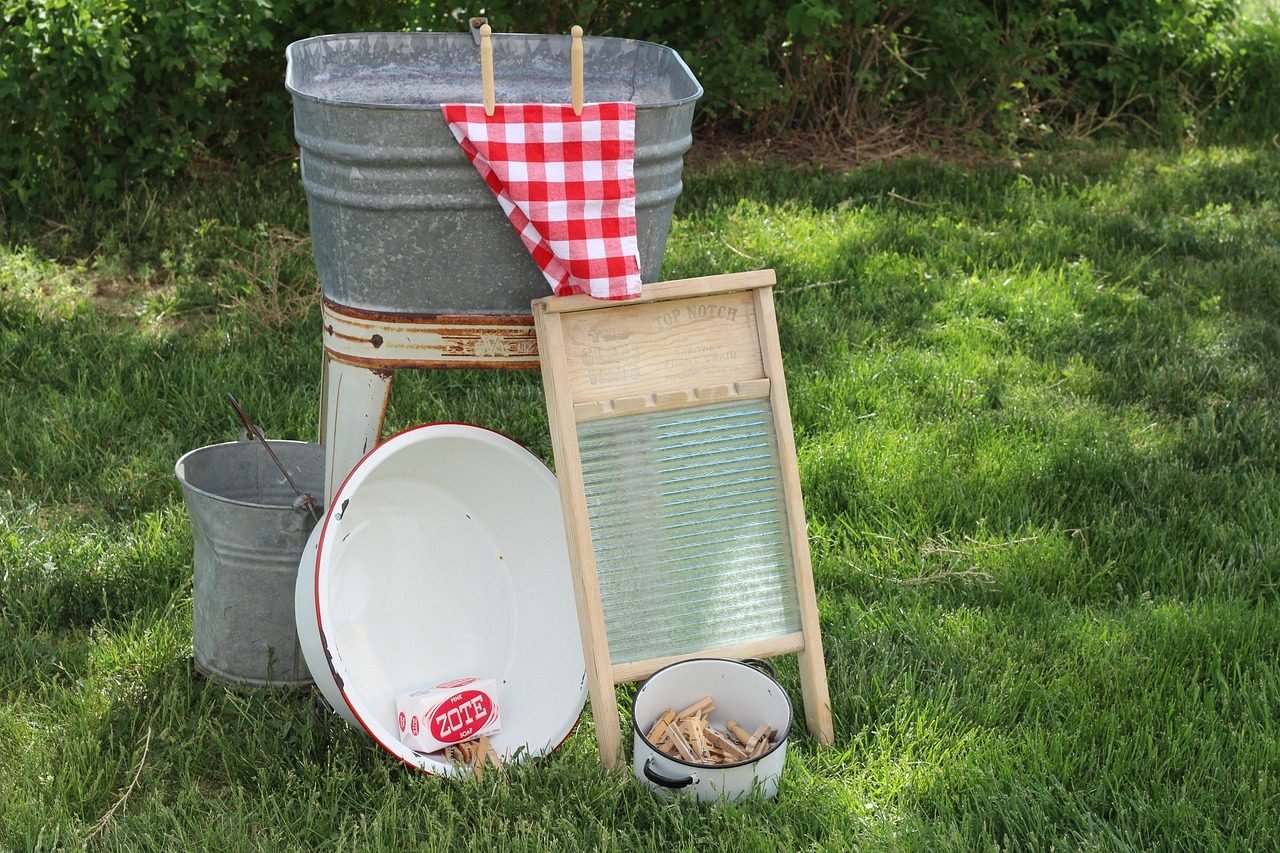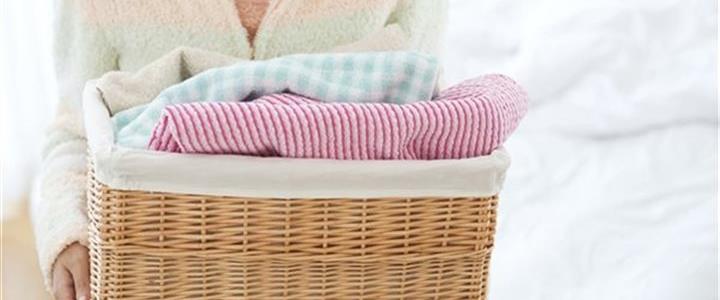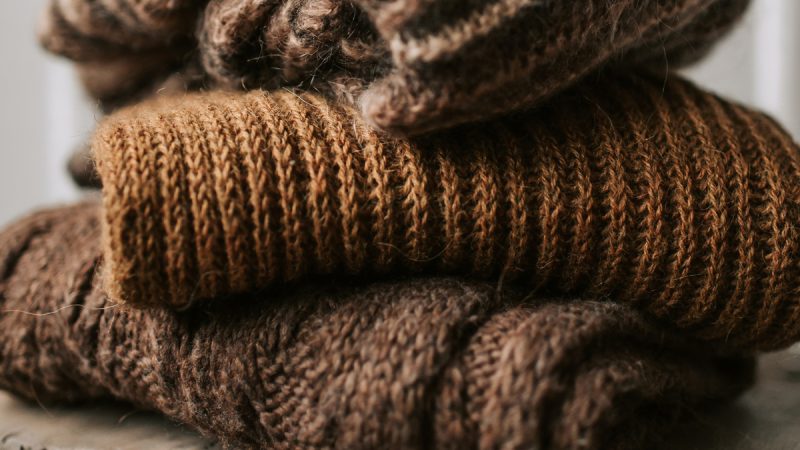Vinegar – Floor Cleaning Methods
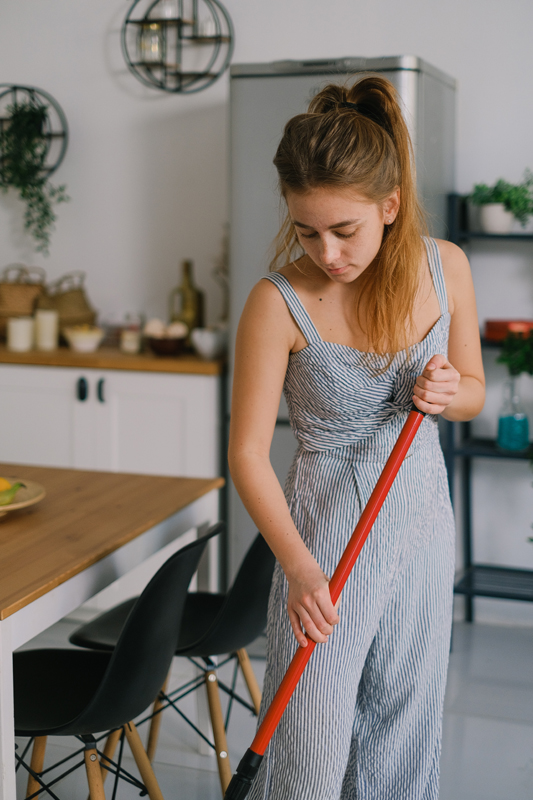
These days, there is a lot of emphasis on using environmentally friendly cleaning products. The purpose of this article, Vinegar-Floor Cleaning Tips, is to illustrate to you how you can use a common household ingredient as a not-so-common (and pretty good) floor cleaner.
First, what is vinegar? If you are a wine drinker, you probably already know the answer. When wine sours, it is said to “turn into vinegar.” And this is exactly what it does. In fact, the word vinegar is derived from an Old French term “vin aigre,” which literally means “sour wine.”
Vinegar is the resultant product when ethanol ferments, that is when the ethanol changes due to the action of yeasts or bacteria in an anaerobic environment (a closed container.) Upon fermentation, the ethanol turns into ethanoic acid, which is more commonly known by its other name, “acetic acid.” This acid, it turns out, can be utilized in many ways, such as cleaning floors.
If your floor is made of linoleum, you can clean it with a solution made from 1 cup (240 mL) vinegar in 1 gallon (3.8 L) of water. Clean stains by covering them with undiluted vinegar for fifteen minutes. For extra-tough stains, apply the vinegar. Follow up by applying baking soda, and then scrub the area with a brush.
Mix 1 cup (240mL) white vinegar, 1 cup (240mL) alcohol, and 1 cup (240 mL) water. Add a few drops of dish washing liquid, and you have created a “spray and wipe” floor cleaner.
So far, we have been discussing how vinegar can be used to clean bare floors. In case you think that this may be of limited use to you because you have mostly carpeted floors, well, I have good news: vinegar also works wonders on carpeted flooring.
You can bring out the color in carpet by brushing it with a solution made from 1 cup (240 mL) vinegar in 1 gallon (3.8 L) water. If your carpets have light scorch marks or stains from anti-antiperspirants, you can alleviate them by rubbing lightly with straight vinegar.
You can clean up pet stains by pouring on undiluted vinegar, wiping it up, and then blotting the area with cold water.
One note of caution: Vinegar can damage marble, so don’t use it on your marble floors.
While we are talking floors, let’s move out to the yard. You can use vinegar as a weed killer by spraying it on unwanted plant foliage and their roots.
You can also use vinegar for deterring ants from entering your home. Spray a 1:1 vinegar to water solution all around their entry points, such as windowsills and door jambs.
In conclusion, I hope that I have made you aware that this common household item isn’t just for salad dressings. I hope that I have given you valuable information as to how you can use vinegar to clean your floors. I also hope that I have piqued your interest in other uses for the very versatile and inexpensive soured wine: vinegar.
The Author:
Penelope Pettikrew is known as the Speed Cleaning Queen. She has spent over 25 years optimizing her cleaning methods so that she could spend less time cleaning and more time with her daughter and husband. In her latest book, “Speed Cleaning Secrets Revealed,” she shares her techniques for getting the maximum amount of cleaning done in a minimum amount of time.

